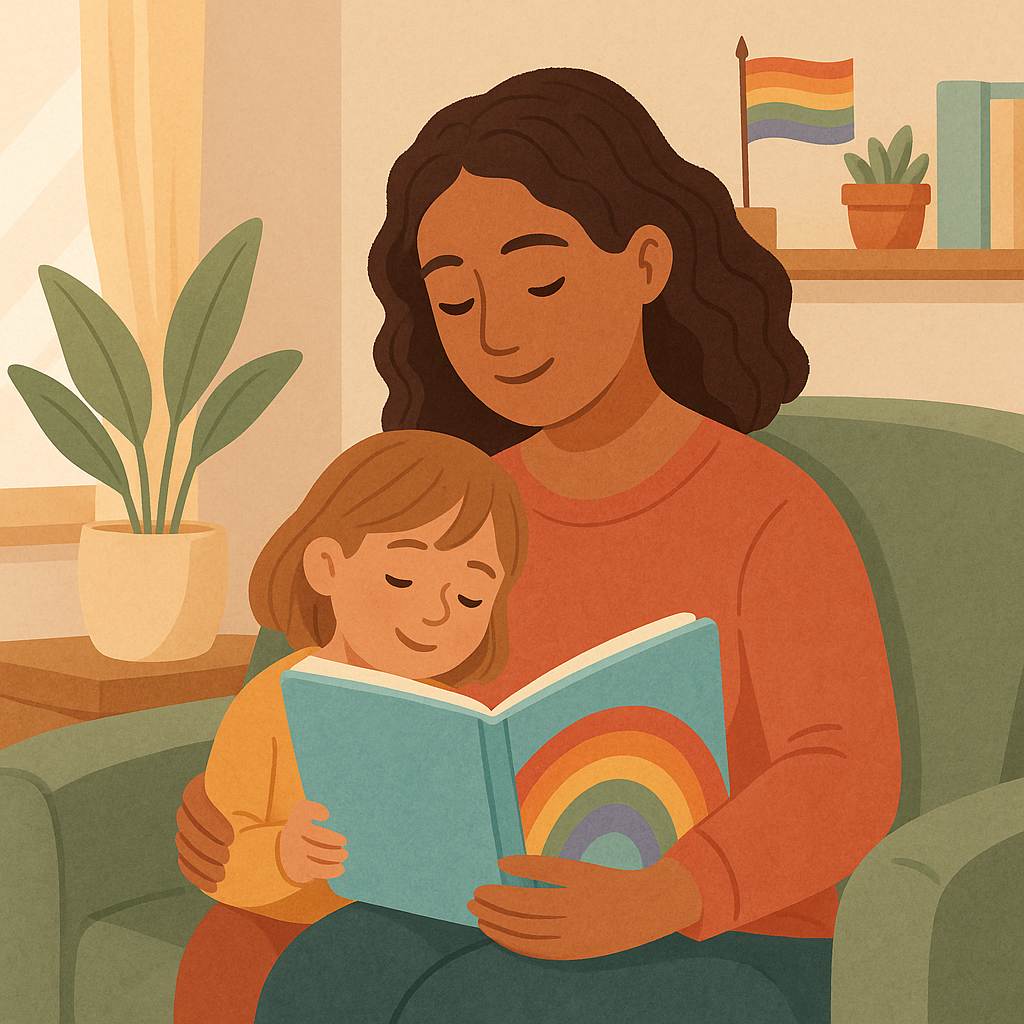If you have an elderly relative who needs assistance, several options exist.
You could adopt the role of caregiver yourself, coming in to see them whenever you get a chance. But it can be difficult to fit this responsibility around your existing personal and professional commitments. You may be unable to give them the level of care they need.
Another option is to hire a carer to help them in their home. This way, they get much thorough assistance from a trained and experienced professional. Their caregiver will be able to help them with anything from bathing and going to the toilet to preparing meals and getting dressed. Depending on the level of helping your parent needs, their carer can visit multiple times a week or live in their home full time. Although this can be expensive, you can’t put a price on your loved one’s quality of life.
Residential care
You can also consider putting your elderly relative into a home. A care home or retirement community gives your loved one a place to live, where other people will surround them. They will receive full-time care around the clock and have better access to healthcare and other essential support. It’s a great way to enjoy peace of mind that your relative is in good hands, but it can be a drastic step. Once your parent is in a nursing home, they will likely remain there for the rest of their life.
It is, therefore, common for people to feel guilty about this course of action as you feel you are abandoning your loved one and taking the easy way out. This thinking is understandable but inaccurate. You are actually providing them with the best care they could possibly get while also looking after your own mental health.
When to consider residential care
But how can you decide if it’s the right time to consider residential care? Here are some considerations to take into account.
Ability: If you have noticed your parent is struggling to perform basic tasks like dressing and eating, they will need some help. You can’t be there every moment of the day to assist with their routine, so it might be time to enlist some additional care.
Safety: Maybe you are worried that your relative is going to cause them some harm to themselves, either by falling down the stairs, slipping in the shower, or simply forgetting to eat. In this case, residential care is essential, as they will be in a safe place surrounded by people looking out for them.
Isolation: Many older people feel isolated and lonely, particularly those who have lost spouses. A retirement community is a great way for them to make new friends and enjoy the benefits of human connection.
If you consider putting your elderly relative into a home, it’s worth chatting to a senior living advisor who can talk you through your decision.

